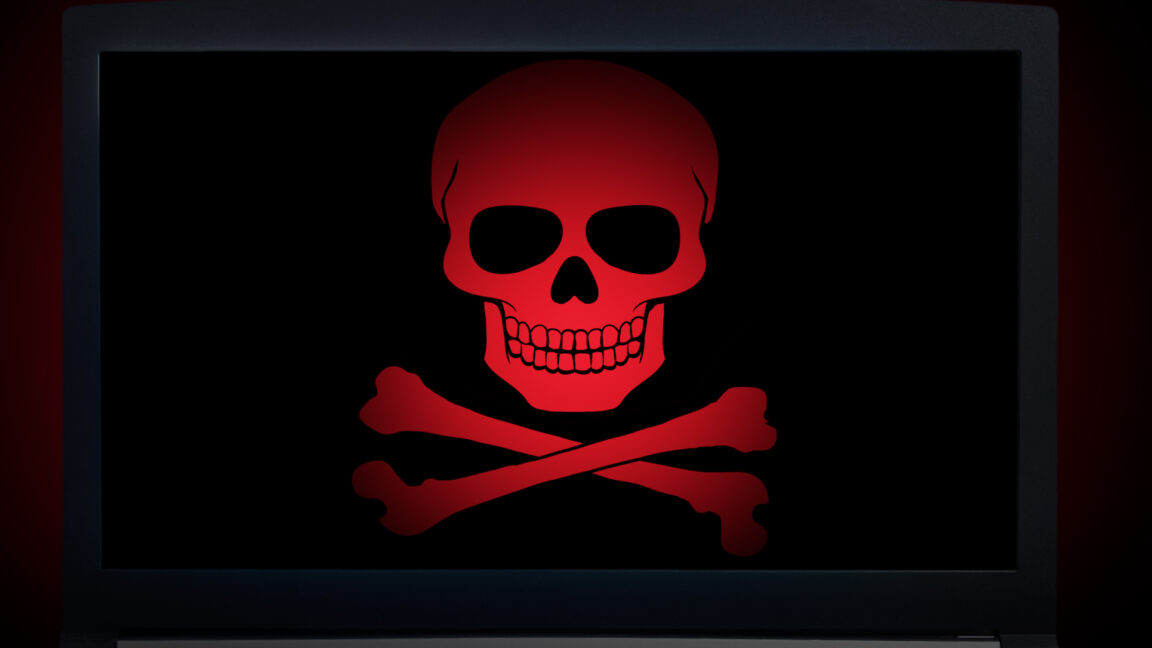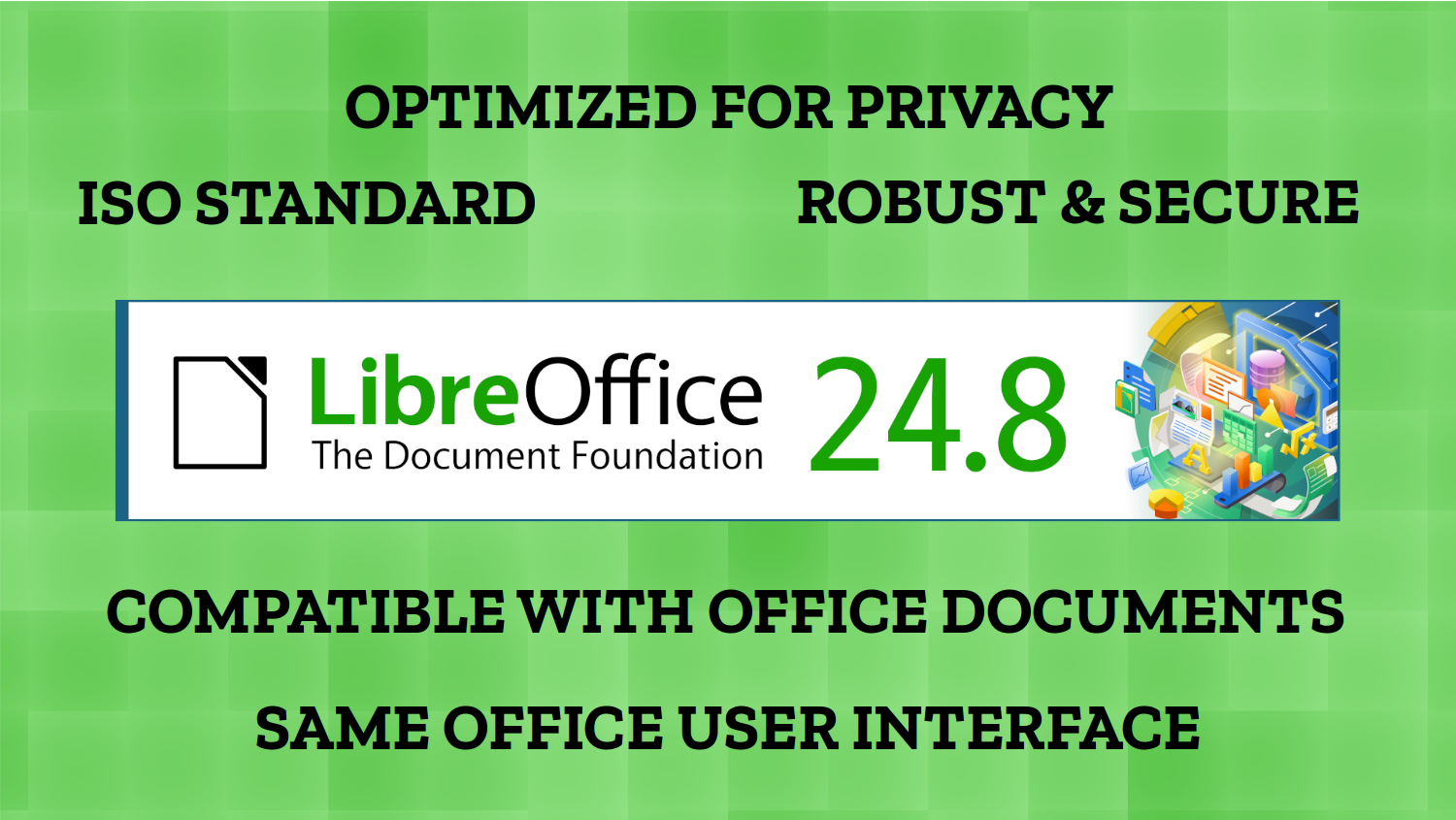UK households could face VPN 'ban' after use skyrockets following Online Safety Bill
-
@arc99 but end 2 end encryption is not by default https traffic
 ssh / vpn are protocolls ( end 2 end encryption, decryptio) and this firewall can't deep inspect while this protocoll can easy tunnel other tunnels.
ssh / vpn are protocolls ( end 2 end encryption, decryptio) and this firewall can't deep inspect while this protocoll can easy tunnel other tunnels.I really do not know what you are saying. I have just told you that Fortigate Firewall can and does do deep packet inspection on https connections. It does so by man in the middle proxying. If one filter / proxy can do it then any other could too. There would be ways for kids to circumvent this, e.g via VPN but that is no different than with age verification.
-
I really do not know what you are saying. I have just told you that Fortigate Firewall can and does do deep packet inspection on https connections. It does so by man in the middle proxying. If one filter / proxy can do it then any other could too. There would be ways for kids to circumvent this, e.g via VPN but that is no different than with age verification.
I said (picture) your deep inspection falls short to real end 2 end. You said your firewall can break end 2 end ... nope they can't and never will and you exactly said this in your last post too. (Sidenote -> i can gpg a text and post it public even with https .. for 99% it will be giberish and only the person who got the right key material will be able to read it ) ... so using deep package inspection to identify something you want to protect kids from is just a lie ...

-
I said (picture) your deep inspection falls short to real end 2 end. You said your firewall can break end 2 end ... nope they can't and never will and you exactly said this in your last post too. (Sidenote -> i can gpg a text and post it public even with https .. for 99% it will be giberish and only the person who got the right key material will be able to read it ) ... so using deep package inspection to identify something you want to protect kids from is just a lie ...

I honestly do not know what you are saying. Deep packet inspection through a firewall that does mitm interception demonstrably happens. It is not up for debate.
-
I honestly do not know what you are saying. Deep packet inspection through a firewall that does mitm interception demonstrably happens. It is not up for debate.
@arc99 you still don't understand end 2 end encryption. Yes man in the middle decryption can be done. First for this to happen you need to accept the certificates of the firewall ( which in terms of a home PC you can't force anyone to do ). Second even if you can encrypt the https packets , you can still put an additional layer on top which only you and the reciever has the keys too.
To give you an example you can easy write down a base64 encoded binary blob in any text field on a website. If this binary blob has been encrypted before noone will be able to tell what is inside.
So breaking https is useless if someone really wants to hide informations. So no your deep packet inspection is totally useless in this case besides you know someone did put strange stuff in a text on a website.
-
No. They could put it into a review and quietly shitcan this. It's not particularly popular. They just want to say they're protecting kids.
They're spineless and Keir is an authoritarian.
"Oh, i see. You want to help paedophiles do you? Why do you hate children then, hey? Of course keef comes out to help the Jimmy Savile brigade again."
Congratulations, you just lost the media narrative and now all but one paper is going to write about how all the things that hurt every child in the UK is your fault, for the next 3 years. The whole system is compromised and they're passengers, only a little more engaged than we are.
-
"Oh, i see. You want to help paedophiles do you? Why do you hate children then, hey? Of course keef comes out to help the Jimmy Savile brigade again."
Congratulations, you just lost the media narrative and now all but one paper is going to write about how all the things that hurt every child in the UK is your fault, for the next 3 years. The whole system is compromised and they're passengers, only a little more engaged than we are.
Not really the narrative. Reform opposes it and Tories likely will. Only Lib Dems will complain and media ignore them anyway.
Our media are bad, but not that tabloid.
-
Yeah, businesses will not accept this. Remote work and remote connections rely on VPN for ALL KINDS OF SHIT. If you must adhere to some kinds of government compliance, it is even MANDATED BY THE FUCKING GOVERNMENT. Explain to me how the hell that is going to just poof and not cause all kinds of problems.
You don't get it. They will just force VPNs to black list sites. Business users will happily do it because they don't care about porn anyway. Any VPN which doesn't enforce UK laws will be blocked at the ISP level.
-
@arc99 you still don't understand end 2 end encryption. Yes man in the middle decryption can be done. First for this to happen you need to accept the certificates of the firewall ( which in terms of a home PC you can't force anyone to do ). Second even if you can encrypt the https packets , you can still put an additional layer on top which only you and the reciever has the keys too.
To give you an example you can easy write down a base64 encoded binary blob in any text field on a website. If this binary blob has been encrypted before noone will be able to tell what is inside.
So breaking https is useless if someone really wants to hide informations. So no your deep packet inspection is totally useless in this case besides you know someone did put strange stuff in a text on a website.
No, YOU don't understand end to end encryption, and you don't understand browsers. You say you could "write down a base64 encoded binary blob on a website". Yes you could and how do you decrypt it? The asnwer is with a key (asymmetric or symmetric) that the recipient must have in memory of the receiving software - the browser that the filter has already intercepted and compromised. So "moar layers" is not protection since the filter could inject any JS it likes to reveal the inner key and/or conversation. It could do this ad nauseum and the only protection is how determined the filter is.
But this is also a nonsense argument just on a practical level. The problem is kids connecting to adult websites, or websites with some adult content. The filter doesn't need to do much - either block a domain outright, or do some DPI to determine from the path what part of the website the browser is calling. The government thinks it reasonable that every single website that potentially hosts adult content should capture proof of identity of adults. I contend that really the issue is kids having access to those websites at all, and that proxies can and would be a far more effective way to control the issue without imposing on adults. No solution is perfect, but a filter is a far more effective way than entrusting some random website with personal information. Only this week somebody found an app that was storing ids in a public S3 bucket compromising all those users. Multiply that by hundreds, thousands of websites all needing verification and this will not be the last compromise by any means.
-
No, YOU don't understand end to end encryption, and you don't understand browsers. You say you could "write down a base64 encoded binary blob on a website". Yes you could and how do you decrypt it? The asnwer is with a key (asymmetric or symmetric) that the recipient must have in memory of the receiving software - the browser that the filter has already intercepted and compromised. So "moar layers" is not protection since the filter could inject any JS it likes to reveal the inner key and/or conversation. It could do this ad nauseum and the only protection is how determined the filter is.
But this is also a nonsense argument just on a practical level. The problem is kids connecting to adult websites, or websites with some adult content. The filter doesn't need to do much - either block a domain outright, or do some DPI to determine from the path what part of the website the browser is calling. The government thinks it reasonable that every single website that potentially hosts adult content should capture proof of identity of adults. I contend that really the issue is kids having access to those websites at all, and that proxies can and would be a far more effective way to control the issue without imposing on adults. No solution is perfect, but a filter is a far more effective way than entrusting some random website with personal information. Only this week somebody found an app that was storing ids in a public S3 bucket compromising all those users. Multiply that by hundreds, thousands of websites all needing verification and this will not be the last compromise by any means.
@arc99 the same way as you did encrypt it ??? with ggp ?

GPG encryption and decryption of a folder using command line
man page of gpg command line (Gnupg) has commands to encrypt and decrypt files. Here is a standard command to encrypt/decrypt files with gpg. gpg --encrypt --recipient xxx@mail.com ~/xxx/xxx.txt ...
Stack Overflow (stackoverflow.com)
???? the needed certificate are exchanged by for example a matrix / telegram or personal ????
-
Not really the narrative. Reform opposes it and Tories likely will. Only Lib Dems will complain and media ignore them anyway.
Our media are bad, but not that tabloid.
Why would the tories oppose thier own bill?
I don't think you're fully aware of all the factors here.





